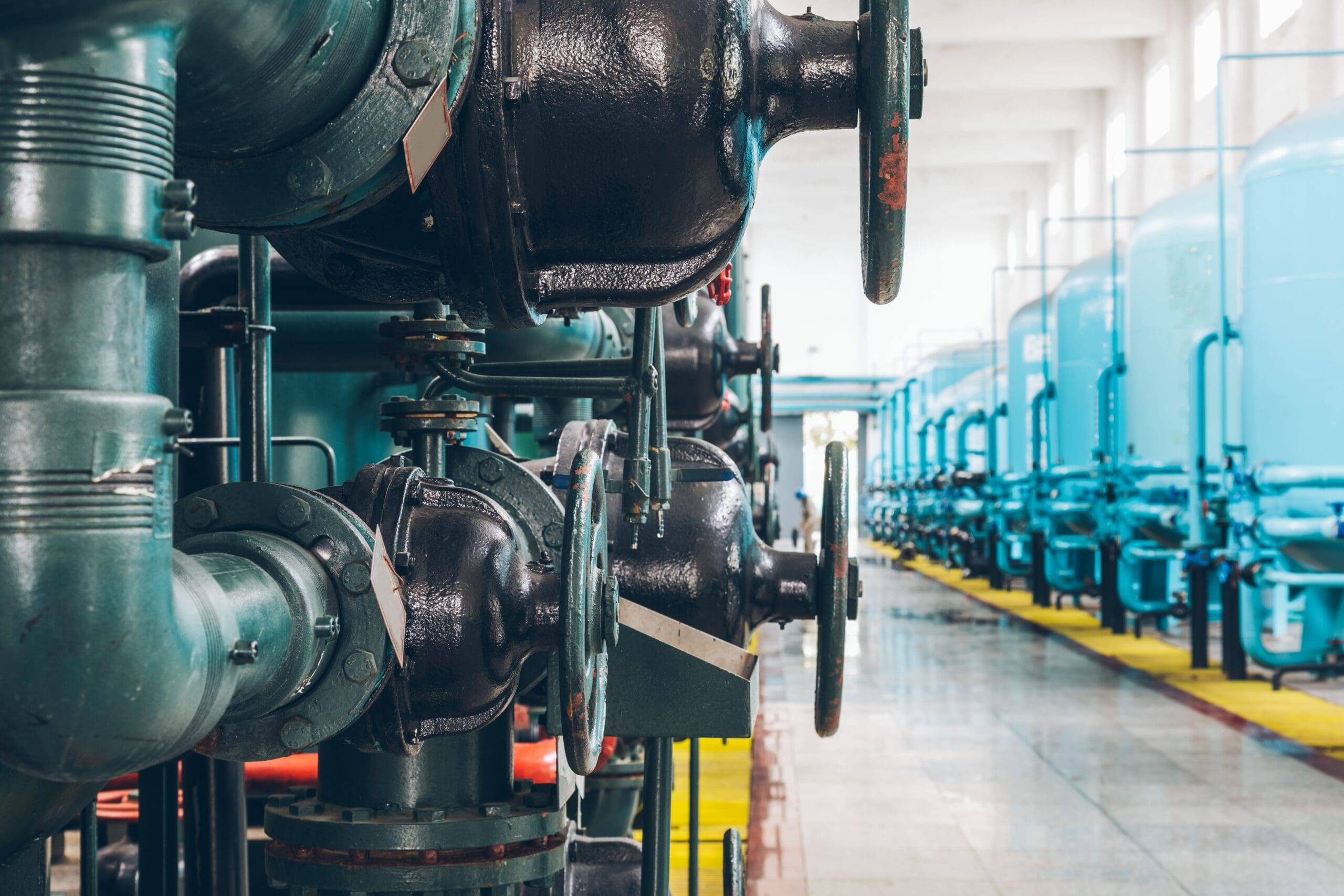Why Industrial Facilities Need Specialized Commercial Plumbing Services
When was the last time you thought about the plumbing system in an industrial facility? For most, it’s out of sight and out of mind — until something goes wrong. But in manufacturing plants, warehouses, and large-scale operations, plumbing systems are far more than pipes and drains. They are the unseen support system for making sure production runs smoothly, safety rules are followed, and everything meets the required standards.A single plumbing issue can cause disruptions that ripple across an entire facility, leading to downtime, costly repairs, and even safety hazards.
That’s why industrial facilities can’t rely on standard plumbing services. They need specialized commercial plumbing experts who understand the complexity, scale, and industry-specific requirements of such environments. These professionals don’t just fix problems; they anticipate and prevent them, ensuring that operations continue smoothly without costly interruptions.
The Complexity of Industrial Plumbing Systems
Industrial plumbing systems operate on a different level from residential or even standard commercial setups. They handle larger capacities, higher pressures, and often integrate with specialized machinery or production processes. For example, water lines might feed into boilers, cooling systems, or industrial cleaning equipment. Wastewater management might involve complex treatment systems designed to meet strict environmental standardsThese systems need expert knowledge and specific tools to keep them working well because of this complexity, industrial plumbing often demands custom design, installation, and repair strategies. It’s not as simple as swapping out a pipe or unclogging a drain. A specialized industrial plumber must
understand the interplay between plumbing infrastructure and the facility’s operational needs. This ensures that maintenance and repairs don’t just fix an immediate issue but also preserve the efficiency and reliability of the entire system.
Meeting Industry-Specific Requirements
No two industries have identical plumbing needs. Food and beverage production facilities require plumbing systems that are resistant to bacterial growth and easy to sanitize. Chemical plants need pipelines that can safely handle corrosive or hazardous materials without risk of leaks or contamination. Pharmaceutical manufacturing demands sterile, controlled water delivery systems to meet strict production standards. Specialized plumbers are trained to meet these unique requirements, ensuring that every installation and repair aligns with regulatory expectations.
Failing to meet these specific needs can result in much more than operational inefficiency. It can lead to failed inspections, product recalls, environmental hazards, and even legal consequences. By working with specialized commercial plumbing services, industrial facilities can safeguard product quality, protect worker safety, and maintain compliance with all relevant codes and regulations.
Preventing Downtime and Financial Loss
In industrial environments, time is money — and plumbing failures can quickly drain both. A burst pipe in a warehouse might damage stored goods, while a blocked wastewater system in a factory could halt production entirely. Every hour the system is down means less work gets done, deadlines might not be met, and customers could end up unhappy.Specialized commercial plumbers understand this urgency and are equipped to provide rapid, targeted repairs that minimize operational disruption.
Many industrial / commercial plumbing service providers offer 24/7 emergency support to address issues before they escalate. This means that whether a problem strikes in the middle of the night or during peak production hours, help is always a phone call away. This quick-response capability is essential for preventing small issues from spiraling into large, costly crises.
Advanced Tools and Technology for Industrial Needs
Specialized industrial plumbing services rely on cutting-edge technology to diagnose and fix problems efficiently. Tools like CCTV pipe inspection cameras allow plumbers to pinpoint issues without unnecessary digging or disassembly. High-pressure hydro-jetting equipment can clear stubborn blockages in large pipes, restoring full functionality quickly. These advanced tools not only save time but also reduce the risk of collateral damage to surrounding systems.
In addition, industrial plumbers are trained to work safely in challenging and hazardous environments. Whether that’s navigating high-temperature areas, operating in confined spaces, or handling pipes carrying dangerous chemicals, their expertise ensures that repairs are done correctly and without compromising safety. This combination of skill and technology makes them invaluable partners for any industrial operation.
Long-Term Maintenance and Compliance
Emergency repairs are only part of the picture — proactive maintenance is where specialized plumbing services truly prove their value. Regular inspections, preventive maintenance programs, and compliance audits can identify potential issues before they cause disruptions. This method helps plumbing systems last longer and work as well as they can.
Moreover, ongoing maintenance ensures that industrial facilities remain compliant with environmental and safety regulations. This is especially important in industries where wastewater treatment and disposal are heavily regulated. Staying ahead of compliance requirements not only avoids fines and penalties but also demonstrates a facility’s commitment to safe and responsible operations.
Conclusion
In industrial facilities, plumbing is more than a basic utility — it’s a critical part of daily operations. The complexity, scale, and specialized requirements of these systems mean that only specialized commercial plumbing services can deliver the expertise, tools, and reliability needed to keep them running smoothly. By partnering with professionals who understand the unique demands of industrial environments, businesses can protect productivity, ensure compliance, and avoid costly disruptions.

